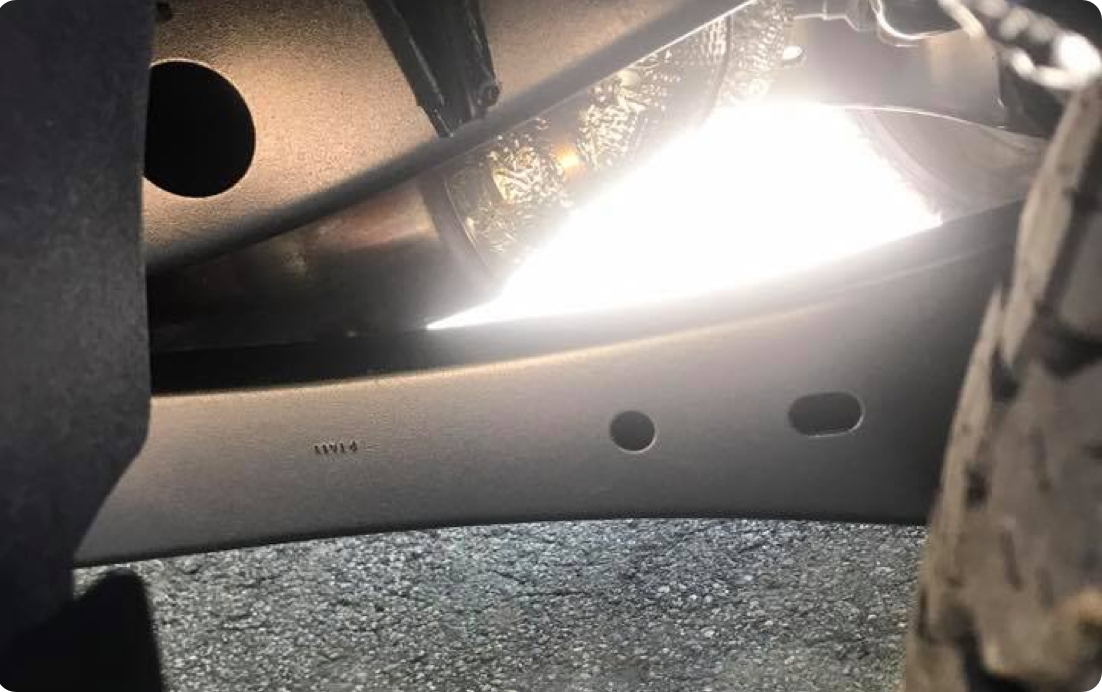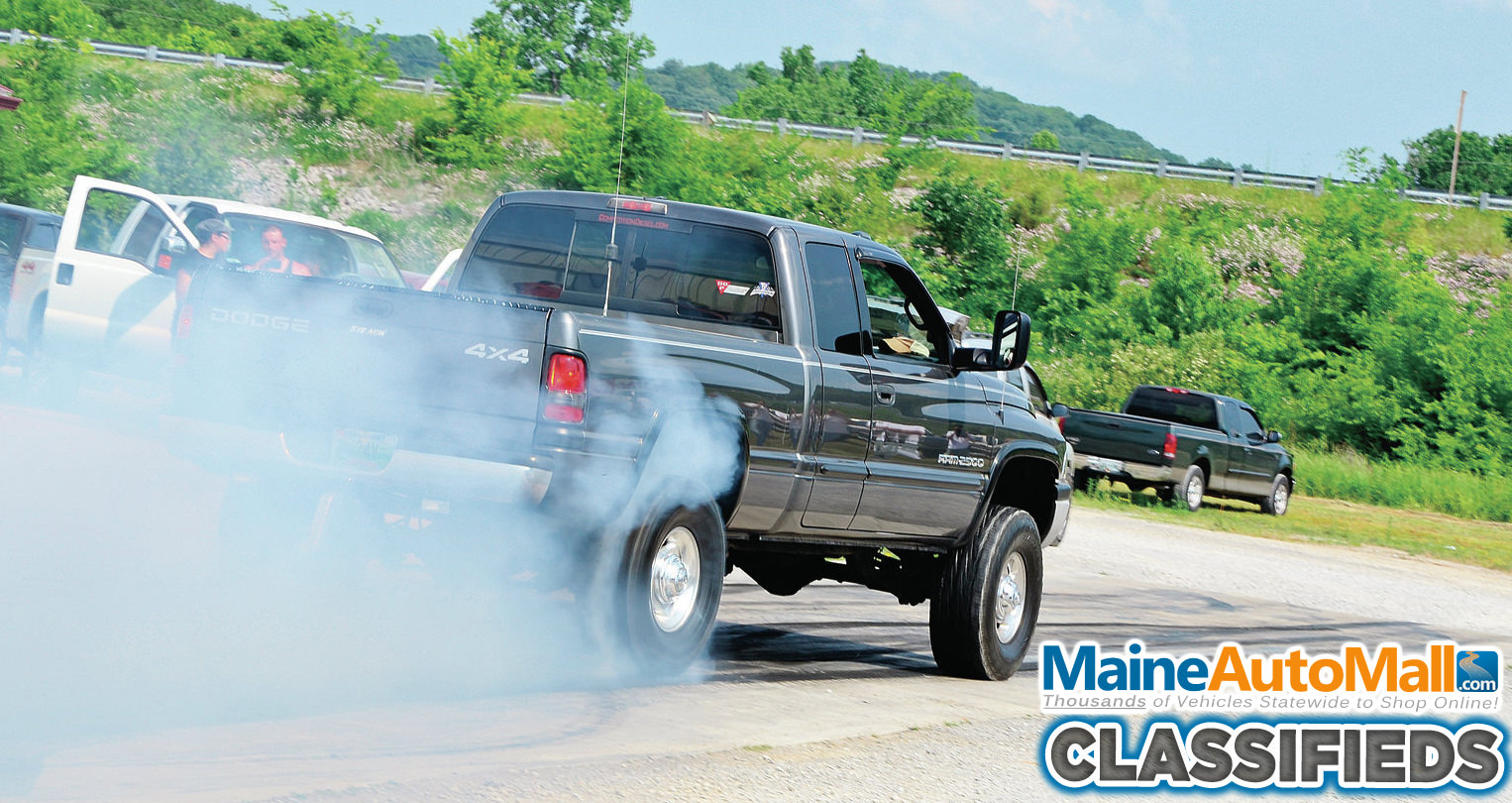
Consumers by nature are always making calculations and evaluations on what is the cheapest and most efficient option, and when it comes to getting a new car in Maine there are many different choices to make. Two of the most important questions to ask are: Do I lease a car? Or do I decide to buy it and own it instead? These are important and very complex questions.
There are some simple ways to figure this out. For a simple example, let’s look at the cost between buying or leasing a $20,000 car for five years, assuming the same 6% rate on a new car loan (paid off in 3 years) and the lease (two 3-year leases), and driving 12,000 miles a year. Here are 6 things to consider:
1. Your monthly cash flow: Leasing a car most times has a lower monthly payment than cost to finance a car with the same loan terms and trim package, since with a lease you’re paying for the depreciation of the car during those years instead of the whole vehicle cost. If having lower monthly payments is what suits your needs better, then leasing might be the way to go.
Using our example: the car loan (buying instead of leasing) monthly payment is $608/month; where the lease is $350/month for the first 3-year lease and then $385/month for the last two years (because a second lease is initiated).
2. Down payment and initial fees: When leasing, many agreements have very low downpayments or you can potentially persuade the dealer to waive the downpayment. You’ll also pay less for the sales tax on a lease (in Maine the tax is calculated only on the monthly payments, not the total cost of the car). So just like the lower downpayment, leasing has a smaller impact on your budget and bank account.
Using our example: $3,000 downpayment for the new car loan versus $2,000 for the lease.
3. How many miles you drive: If you drive a lot—over 10,000 to 15,000 miles/year, depending on the lease agreement—you’ll probably end up paying extra for each mile. Many leasing companies used by Maine new car dealerships charge 15 to 20 cents/mile for additional miles, but you could pay less (more like 10 cents/mile) if you buy them upfront when you negotiate the lease. Although the extra mileage penalty may sound intimidating, remember this: if you plan on trading in a car you bought, you’ll also be penalized for above-average mileage. So it very well may even itself out.
Using our example, if you drove 5,000 miles over what the lease agreement allows for, at 20 cents/mile that would cost you $1,000.
4. How rough on cars you tend to be: If getting scratches on your car is typical for you or you have a high risk of damage to it from children, spills, or other hazards, a lease may not be for you, due to the wear-and-tear fees. These fees vary and would depend on your agreement, but in Maine these are usually limited to the total of three months’ lease payments, so not a huge cost.
Using our example, if you weren’t able to keep the car in like new condition, three months’ payments would be $1,155.
5. If the car is going to be used for business: When leasing, a portion of the car’s depreciation and financing costs can be deducted on your end of year taxes. Interest on new car loans, however, aren’t deductible. Leasing wins again.
6. How long you plan on holding on to the car: If you really only want to drive the car for a few years, leasing definitely makes the most sense. However, you’ll pay out the nose if you try to get out of the lease before the term is up—as much as six extra months of payments. You’ll need to make sure that you can stick with it until the terms of your lease run out.
There’s a lot to consider here. Any new car dealership in Maine will be glad to help you figure this out, though. A simple trip to the dealership, sitting down with a sales or financing rep, and running some numbers should give you a good idea of whether a lease makes sense vs buying the car outright.




